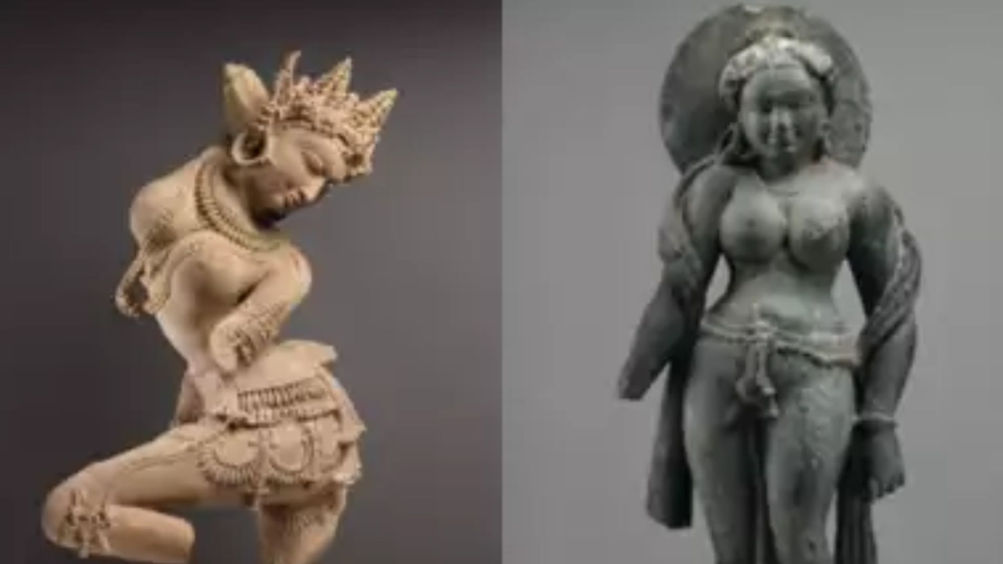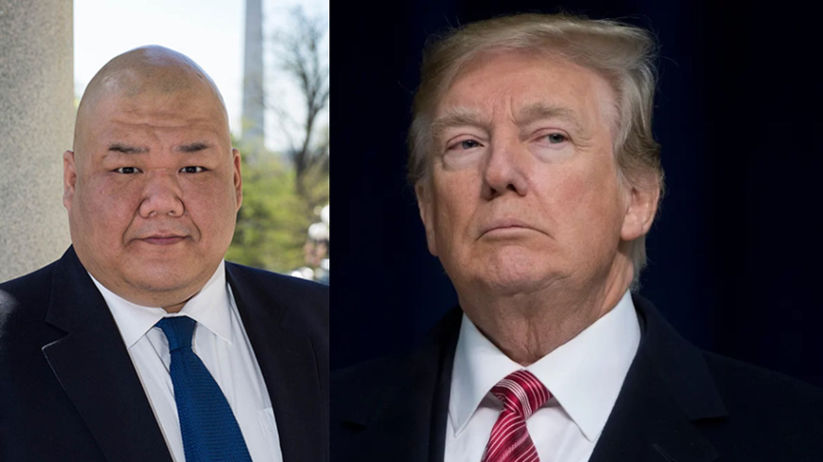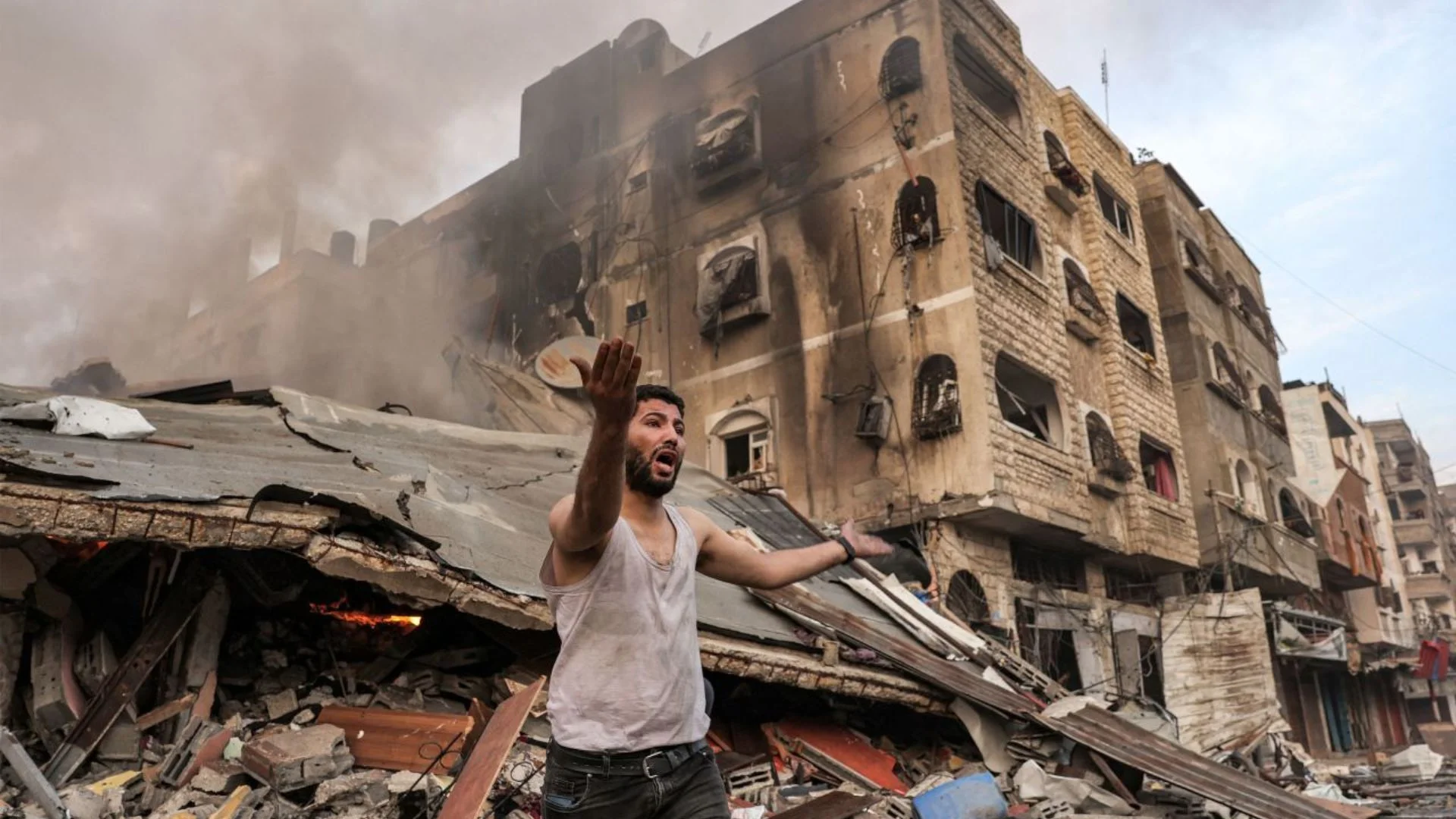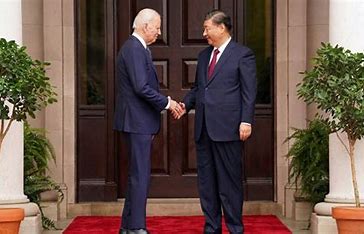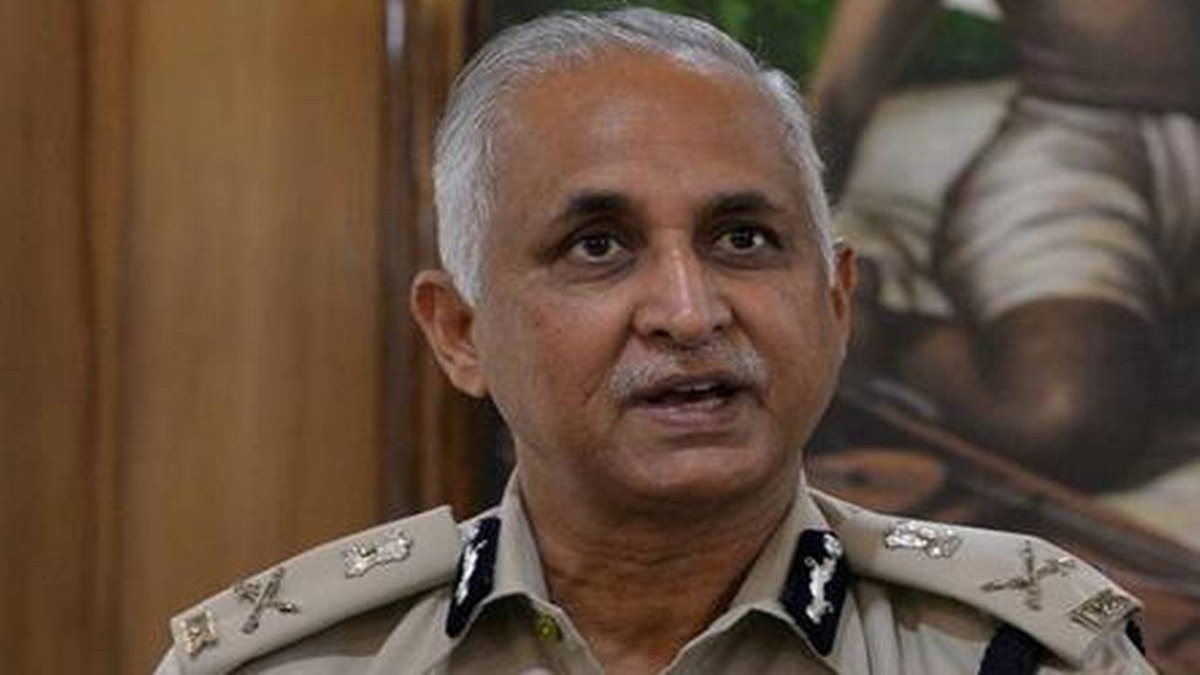
The Centre is yet to name the new Delhi Police Commissioner, though only three days are effectively left for incumbent S.N. Shrivastava’s tenure to end. Shrivastava will superannuate on 30 June and unless the government takes a decision on a post-retirement for him, he would be saying goodbye to the Indian Police Service after nearly 34 years of distinguished service. As it is, he had succeeded Amulya Patnaik last year and served in an ad hoc capacity for more than one year till his posting was regularised a couple of months ago with retrospective effect. Certainly not the correct and appropriate way of treating a person who has to discharge some of the most difficult functions any officer can do in the city.
The job of the Delhi Police Commissioner is one of the most high-pressure tasks and therefore, whichever government is in power, the matter should be treated with the respect it deserves. There have been instances in the past, where the Union Home Ministry has brought in people from outside the capital for this assignment. However, after Ved Marwah, one of the most celebrated Police Commissioners, majority of the officers, barring the exception of Ajai Raj Sharma, who held this position, have belonged to the AGMUT cadre. The logic is that those who have grown up and served with the force, know exactly what is lacking or required to be done. In this context, there are several names doing the rounds for the coveted office and the probables include two officers from the Jammu and Kashmir cadre, who after the state was converted into a Union Territory, find their cadres changed and are thus eligible to join the Delhi Police as well. From the AGMUT cadre, as it existed before Jammu and Kashmir became Union Territories, two others, both capable candidates, are also under consideration. Both Taj Hasan and Balaji Srivastava have immense experience and would be hoping to make it to the top slot. It is every police officer’s ambition that before retirement, he or she should be able to reach the highest position in their respective cadres. Obviously, many have to face disappointment, when this does not happen. Therefore, the Centre should make up its mind as soon as possible and announce the name of the selected person, so he has ample time to deliver. There are two other important posts which need to be also looked at without any further delay.
The Centre has to make up its mind to replace the Delhi Lt Governor, Anil Baijal, about whose continuation there has been wide speculation. If he has to be retained, the Home Ministry should spell it out, but if he has to go, a suitable replacement must be found and declared. The Delhi University in its centenary year continues to be headless and the government does not seem to be in any hurry to find a permanent Vice Chancellor. A three-member search committee has been constituted comprising Prof T. Tirupati Rao, former Vice Chancellor of the Osmania University, as the Visitor’s nominee, besides Dr Yogendra Narayan, former Defence Secretary and Prof Raj Kumar, Vice Chancellor of the Punjab University, as nominees of the Executive Council. The problem here is that Prof Rao had earlier been appointed to inquire into charges against the previous DU VC, Prof Yogesh Tyagi. Therefore, there are certainly questions that are going to be raised about conflict of interest. Practically, it would mean that Prof Rao’s name would stir a controversy and he would have to be eventually replaced by the Visitor at a later date. This delay implies that Prof P.C. Joshi would continue to be the acting Vice Chancellor even though his appointment and continuation are under scrutiny and could lead to a legal challenge.
The short point is that the Centre must take firm decisions regarding key positions in the national capital and not allow matters to linger on. This could prove counter-productive and hurt the Union government’s image.
